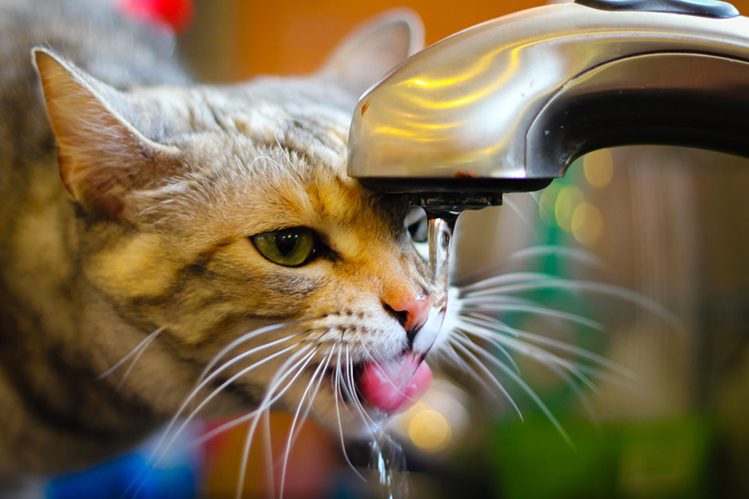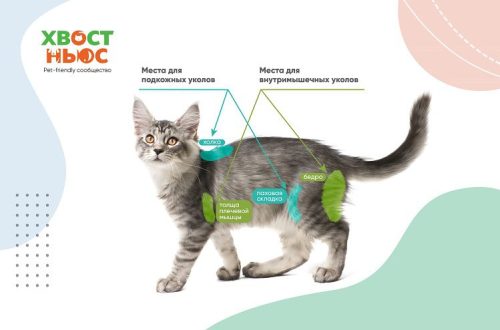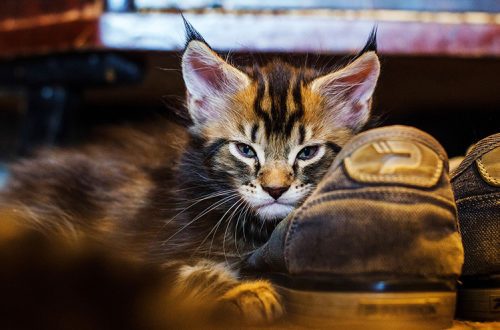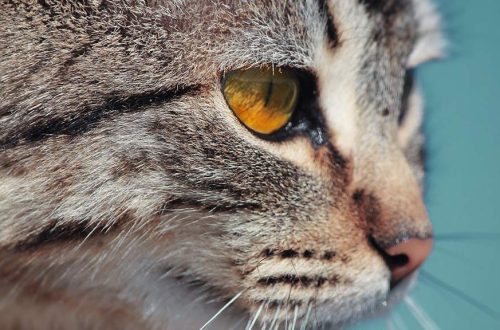
Diabetes in cats
Can cats have diabetes? Yes, and, unfortunately, quite often. We will talk about the causes, symptoms and treatment of this disease in our article.
Diabetes is a disease characterized by excessive and frequent urination (polyuria).
There are several types of diabetes: diabetes, insipidus, renal, etc. The most common diabetes is an endocrine disease associated with impaired glucose uptake. The level of sugar in the blood of a sick animal is elevated.
Diabetes mellitus, in turn, is also divided into two subtypes: insulin-dependent and non-insulin-dependent. In the first type of disease, insulin is not produced in the body of the animal, and its shortage is replenished by injections. In the second type, on the contrary, the body produces too much insulin.
If insulin-dependent diabetes mellitus is a consequence of the removal or destruction of the pancreas, then non-insulin-dependent diabetes mellitus develops against the background of improper feeding and overweight.
It is from non-insulin-dependent diabetes mellitus that pets most often suffer.
Diabetes mellitus in cats: symptoms
The following signs can help you suspect diabetes in a cat:
– constant thirst
– frequent urination
– shortness of breath.
As well as general symptoms: dull coat, skin lesions (ulcers and rashes), weakness.

The appointment of treatment, as well as the diagnosis, is the task of the veterinarian only. In no case do not try to fight the disease on your own: you will only aggravate the problem.
Diabetes in cats and humans is treated differently. In addition, a treatment prescribed for one cat may not be suitable for another. It all depends on the state of health, the physiological characteristics of a particular pet and the picture of the disease.
A sick animal needs a special diet that will help the body cope with the disease and recover. In the treatment of diabetes, proper nutrition plays a key role, because. food intake directly affects the level of glucose in the blood.
It is very important to strictly adhere to the diet and not violate the recommendations of the veterinarian, otherwise the treatment will not bring results.
As a rule, the action of food for cats with diabetes (for example, Monge Vetsolution Diabetic) is aimed at normalizing the body’s metabolism, leveling blood sugar levels and combating excess weight – the main cause of the problem.
Dieting allows you to reduce the manifestations of the disease as much as possible so that it does not affect the quality of life of the pet in the future.
Follow the recommendations of a veterinarian and take care of your pets!





